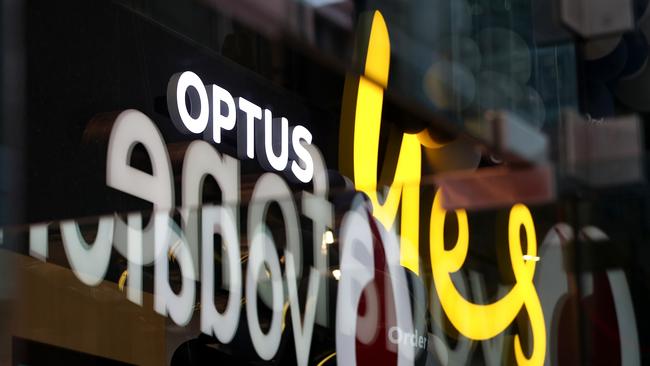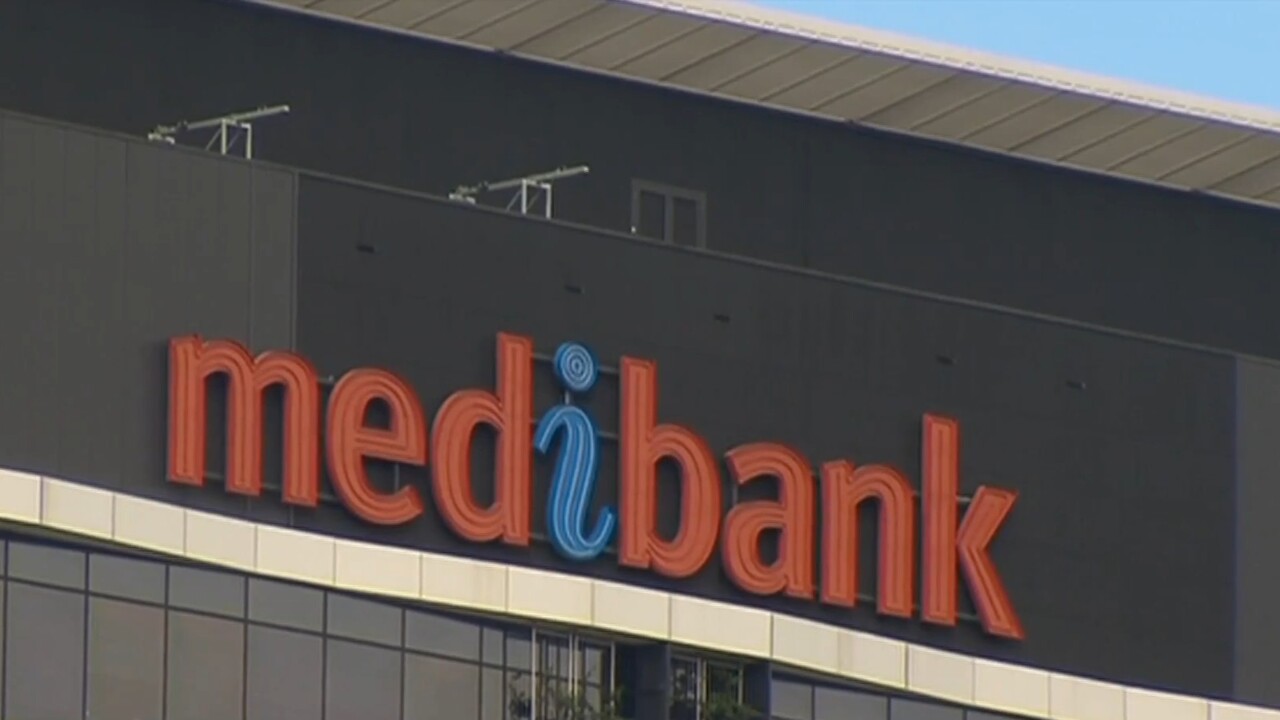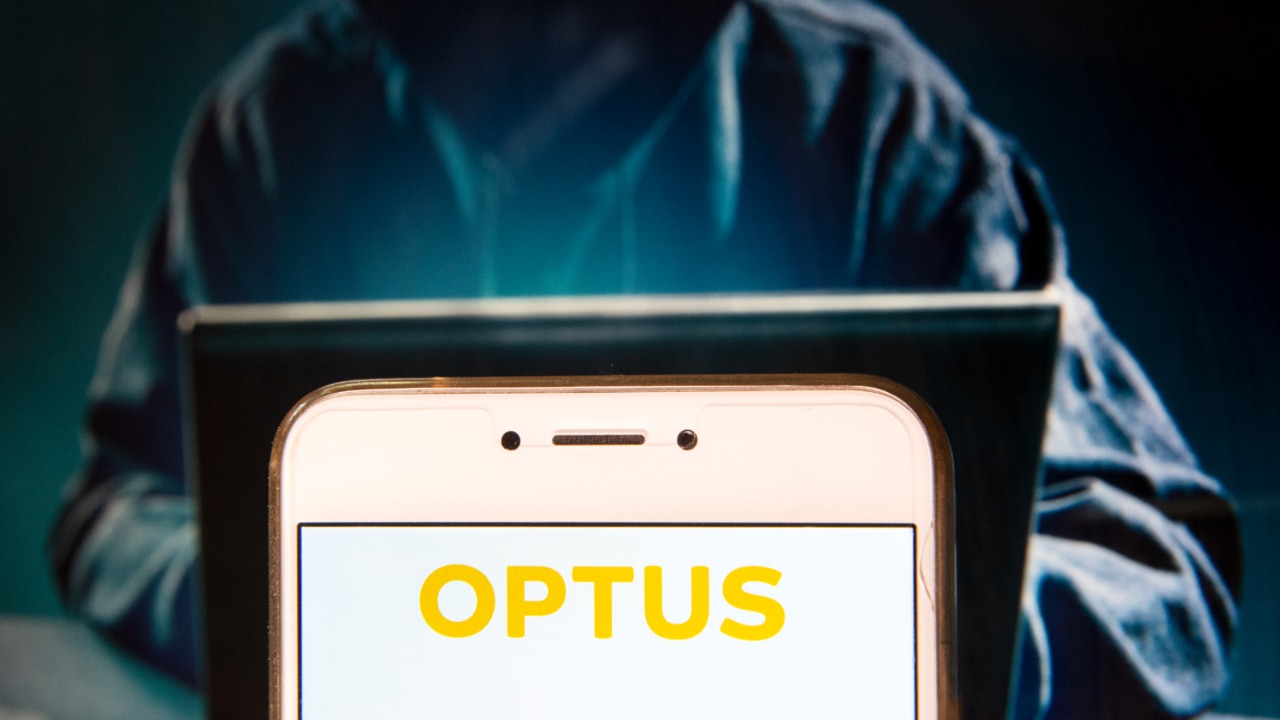Why Aussies hit harder by major cyber attacks than other countries
As major companies grapple with huge cyber attacks that saw the data of millions of Aussies stolen, one expert says there’s a reason we’re being hit so hard.

Hacking
Don't miss out on the headlines from Hacking. Followed categories will be added to My News.
With Aussie companies reeling from major hacks that put hundreds of customers’ personal information at risk, one expert has revealed the one thing they should be doing to safeguard their data.
The head-scratching breach at Optus – where hackers claimed to have stolen the data of 10 million current and former customers before releasing the information of 10,000 Australians, then bizarrely backing down and apologising – kicked off an industry-wide panic as people questioned whether their details were really secure.
Just weeks later, one of Australia’s biggest banks revealed its employee data was accessed through “a third party provider for an employee and member benefits program”.

Telstra, the country’s biggest telco provider, said up to 30,000 names and email addresses of staff were uploaded to the same forum where the Optus hackers demanded a ransom.
Then, at the Woolworths Group-owned MyDeal, some 2.2 million people had their names, email addresses and phone numbers exposed when a “compromised user credential” exposed their data.
Another breach at health insurance giant Medibank occurred this week, with hackers making off with 200GB of data that included first and last names, phone numbers, addresses, dates of birth, Medicare numbers, policy numbers and information about claims.

According to Tony Velleca, these breaches should be considered a “wake up call”.
“In some ways you have to expect it,” Mr Velleca, the chief information security officer at global transformation powerhouse UST, told NCA NewsWire.
“Ransomware and phishing attacks have been around for years … it’s not a matter of ‘if’ you get attacked, it’s ‘when’.”
Mr Velleca said the terrible fallouts are a result of organisations being too focused on prevention, rather than mitigation, of cyber attacks.
But most breaches have the same origins: human error.

Mr Velleca said there would always be someone who would click on a malicious link sent to a company email, even if by mistake, or that hackers would find an exposure in company systems.
“Most of these companies could have responded fast, and they still would have been impacted,” he said.
“You can expect some to be severe, or minor, but every company can expect one attack in the next three years.”

Mr Velleca said more companies ought to embrace moving to cloud-based services, as they often had strong baseline security systems in place.
He said Aussie companies needed to take advantage of cloud-native security information and event management systems (SIEM) which were being adopted by major companies like tech giant Microsoft in the United States.
The technology allows companies to analyse volumes of data across company servers and thereby detect multiple potential security threats.
“In technology, there are early adopters and those who wait to jump in the pool. Australia has many early adopters but these tend to be the more well funded (financial services) companies,” he said.
“This trend will take several years.”
Mr Velleca said a broader three-step process was needed, where companies needed to focus on detecting, responding and recovering when breaches occur.
“So in the case of a ransomware, companies are able to see it, then respond faster and make sure the amount of risk is minimised and they don’t need to pay anything,” Mr Velleca said of the cloud-based system.

“There’s a fundamental shift in terms of the way companies are modernising their security operations.
“There are so many breaches that go unreported. I would think it may also indicate that Australia could be a target.”
He said there was a positive outlook for Australia’s digital future, pointing to how innovative the market could be and the response to the breaches being “fast and open”.
But new data shows we still have a ways to go.
In their Digital Quality of Life index, leading VPN provider Surfshark revealed Australia ranks 43rd in the world for e-security – dropping seven places from 36th in the same survey last year.
The ranking means Australia is lagging behind countries like Morocco, Ukraine, Malaysia, Uruguay, Argentina and Hungary on the scale.
Surfshark’s survey – which indexes 117 countries on their internet affordability and quality, electronic infrastructure and security and government laws – placed Australia’s e-security score lower than the average of Oceania and Europe.
But the country’s cybersecurity ranking, measuring the readiness to counter cybercrime, placed it 35th in the world, higher than the global average.
Originally published as Why Aussies hit harder by major cyber attacks than other countries



